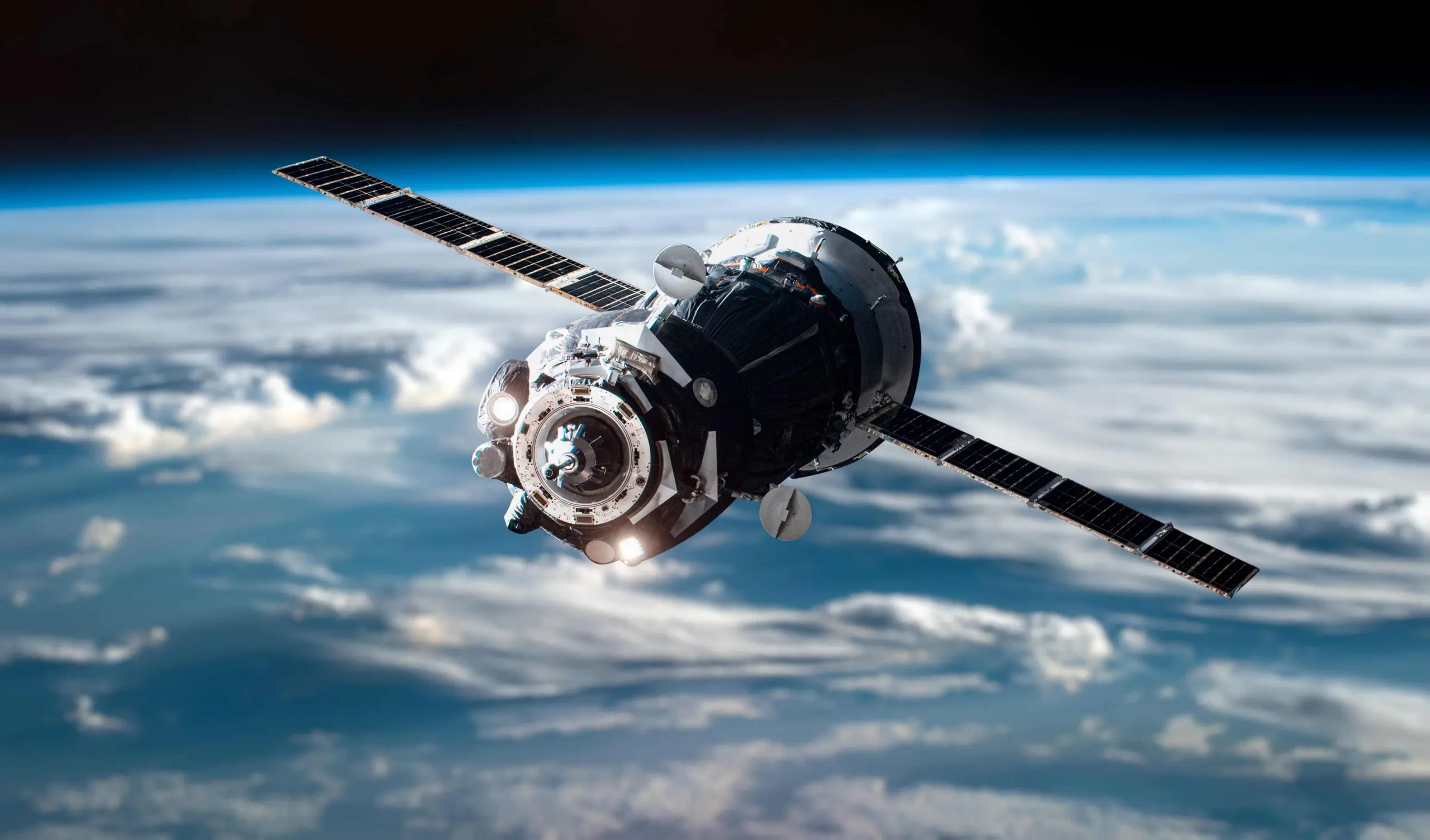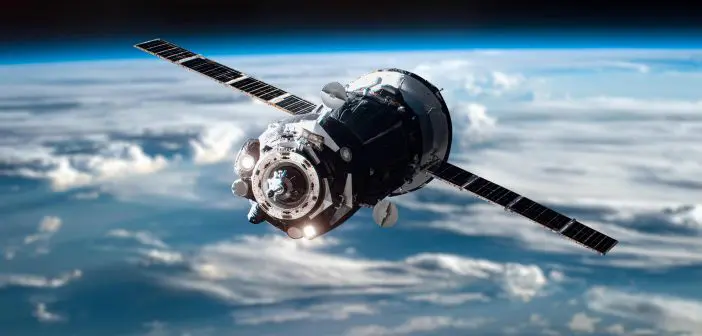
Space is a priority for the newly installed Indonesian president Prabowo Subianto, according to the Head of the National Research and Innovation Agency (BRIN), the agency ultimately responsible for the country’s space programme.
Laksana Tri Handok told the Antara News Agency that Prabowo, inaugurated as the country’s eighth president on October 20, considered space a top-tier issue.
“We must take strategic steps to ensure that Indonesia can utilise space optimally while also maintaining our territorial sovereignty,” said Handok.
Indonesia has a longstanding interest in space dating back to the early 1960s when it made and launched two Kartika series rockets. In 1963, the country established its own space agency, then known as the National Aeronautics and Space Agency and since segueing into the Indonesian Space Agency (INASA).
More recently, Indonesia became the first ASEAN country to enforce national space legislation, enacting Law No. 21/2013 on (Outer) Space in 2013. In 2014, Indonesia also ratified the UN Treaty on Principles Governing the Activities of States in the Exploration and Use of Outer Space.
Rebooting a stagnant space sector
However, despite this and other noises from Jakarta, Indonesia’s space programme has become stagnant compared to its 1960s heyday. Former Indonesian President Joko Widodo’s push to convince Elon Musk to build a Starlink launch site on the island of Biak has yet to come to fruition. A Chinese rocket malfunction in April 2020 that destroyed Indonesia’s USD220 million Nusantara-2 satellite was also a setback for the country’s space program and Jakarta’s willingness to fund it.
Indonesia wants to launch 19 satellites into low-Earth orbit next year to help revitalise the local space sector and reduce its reliance on other countries for satellite capacity and data. However, underscoring the problems facing the local space sector, BRIN says it doesn’t know which companies or government agencies will be responsible for the launches. A BRIN spokesperson said that was largely due to the government’s financial planning and budget cuts, which deterred foreign investment partners.
Handoko, whose agency oversees all government research programs in Indonesia, thinks this might now change. He says space sector research and innovation in the space sector are among the new president’s priorities.
US wants to help
Last year, the US said it wanted to help improve space capabilities as part of a newly upgraded defence cooperation plan. “When you talk about space, none of that capability is cheap,” said Defense Secretary Lloyd Austin at the time. “But there are opportunities for countries to partner with us, to work with each other and develop nascent capabilities.”
The US has also been looking to integrate space into exercises with Southeast Asian partners, including Indonesia.
Prabowo faces competing claims for his attention, including bread-and-butter domestic issues such as food security. However, he wants to ramp up economic growth to 8% during his first term. Prabowo knows this will depend on the government supporting research and innovation programs, including making space a priority. Handok says the new government considers it “necessary” to do so.





